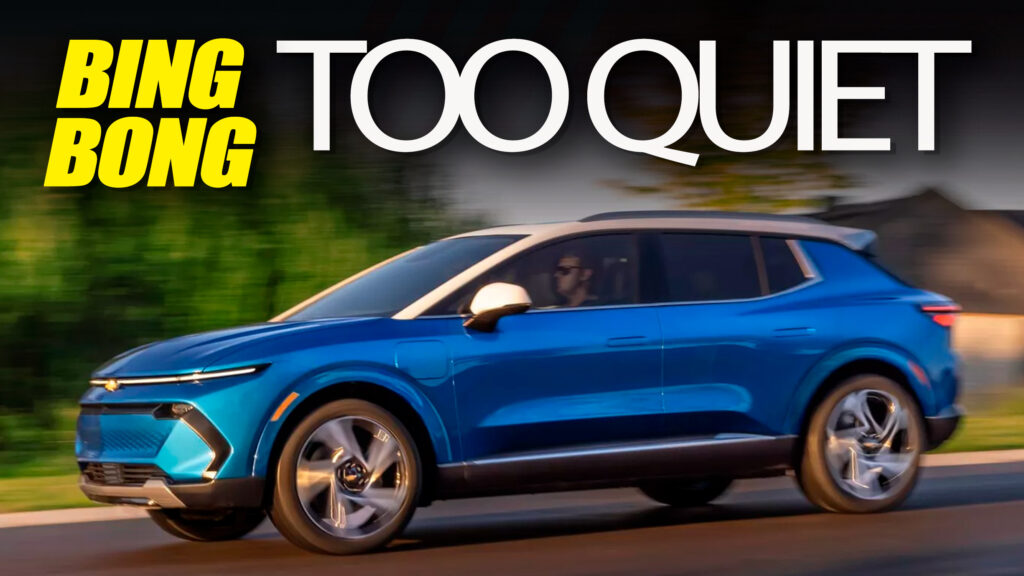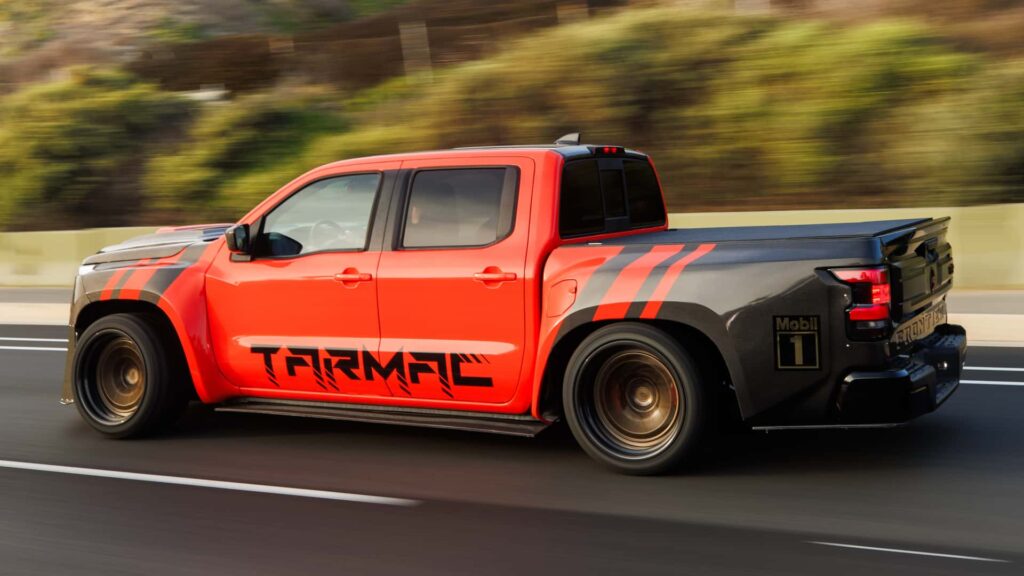The SUV’s pedestrian alert system may not produce enough pedestrian alert sound at certain speeds due to a calibration issue
22 hours ago
- The recall impacts Equinox EV models built from August 13 to October 16, 2024.
- Impacted models don’t produce enough pedestrian alert sound, increasing the risk of a collision.
- Dealerships will need to re-calibrate the EV’s body control module.
The Chevrolet Equinox EV is involved in another recall in the United States, just two months after a handful had to be repaired for door strikers that could crack under pressure. This recall is much more widespread than October’s, impacting 7,606 examples across the United States.
Like all other EVs on the market, the Equinox EV is required to have a pedestrian alert sound system. However, Chevrolet has revealed the system in the Equinox EV may have been improperly calibrated and may not produce enough exterior sound when the SUV is traveling between 20 km/h (12.4 mph) and 30 km/h (18.6 mph). The carmaker rightly points out that if pedestrians can’t hear an approaching Equinox EV between these speeds, there’s a heightened risk of a collision occurring and a pedestrian being injured.
Read: Chevy Serves Electric Juice With Every Equinox EV Test Drive — Welcome To California
The recall impacts 2025 Equinox EV models manufactured between August 13, 2024, and October 16, 2024. GM has blamed the fault on incorrect software calibrations in the body control module. It opened an investigation into a potential problem on October 8, 2024, after an audit found the pedestrian alert sound on 2025 models was not up to spec. A decision to issue a recall was made on December 5.
Owners will be alerted to the recall from January 27, 2025. Curiously, customer-owned vehicles will need to visit a GM dealership to have the body control module’s software correctly calibrated, while unsold vehicles may receive the same update over the air. GM hasn’t specified why the over-the-air update isn’t available for all vehicles.
October’s recall for the Equinox EV also encompassed the 2025 Chevrolet Blazer and Blazer EV models. Chevy revealed these vehicles had door strikes that were improperly heat-treated and did not meet its hardness specifications, meaning the doors could swing open while driving or during a crash. Fortunately for GM, none of these vehicles had been delivered to customers at the time of the recall and were still on dealership lots.


